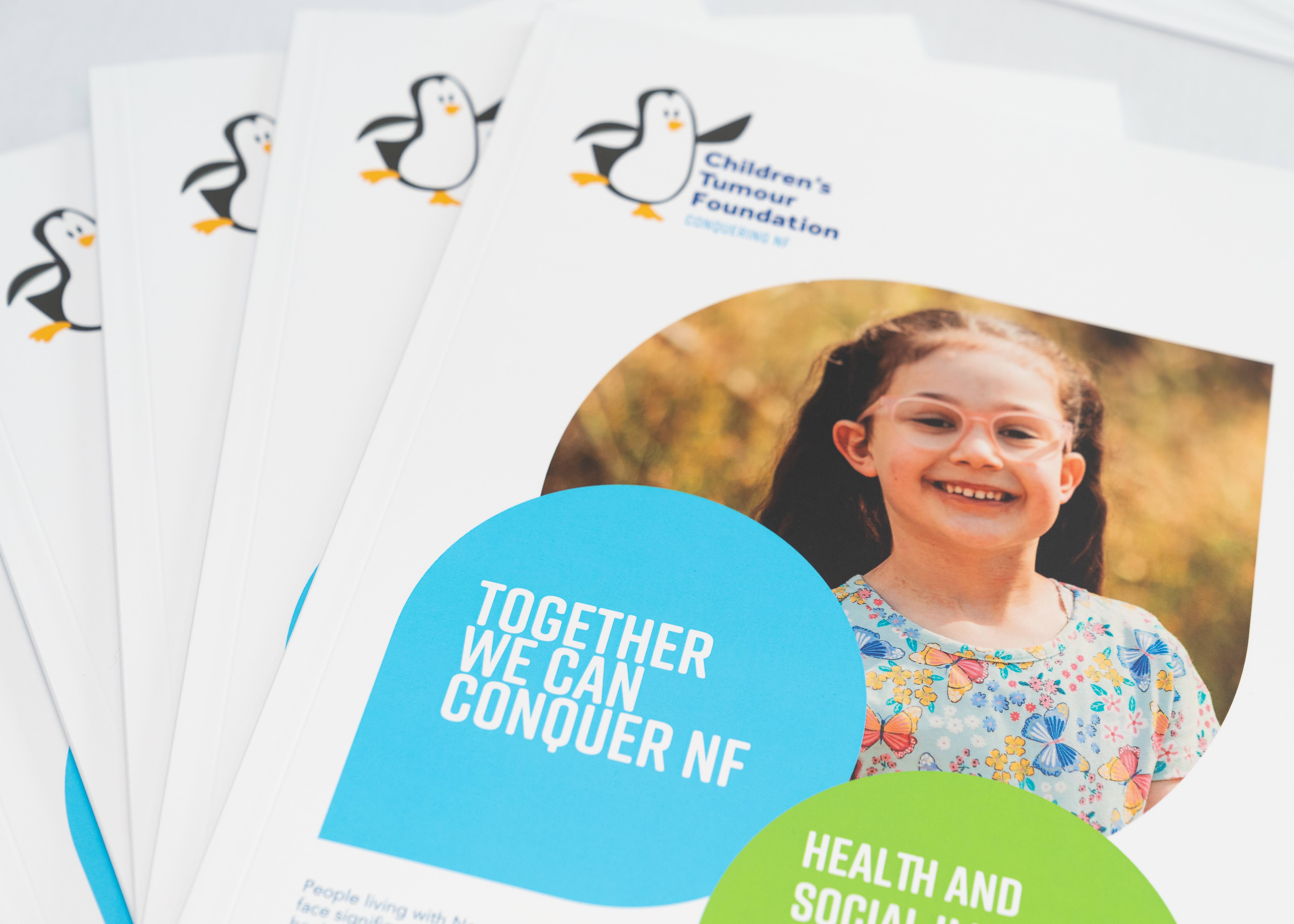moving towards a better tomorrow for those impacted by nF
It is with great pride and deep sense of purpose that we launch the first Health and Social Impact Assessment for Australians living with neurofibromatosis (NF). This comprehensive study represents a critical step forward in our collective commitment to understanding and addressing the multi-faceted challenges by individuals and families impacted by all types of NF across Australia.
NF is a complex genetic condition that not only impacts the physical health of those diagnosed, but also extends its influence into the emotional, social and financial aspects of people's lives. As we embarked on this assessment, our primary aim was to gain a comprehensive understanding of the holistic impact of all types of NF, on individuals, families and the broader community to help build a clear picture of the burden of a condition that prevalent, yet obscure and poorly understood beyond those directly impacted.
This report is more than an academic endeavour, it is a rallying call to action. The data and insights learnt from this assessment will serve as a catalyst for change; driving policy reforms, enhancing healthcare delivery and fostering a more supportive and inclusive environment for those impacted by NF.

DOWNLOAD AND READ THE REPORT DOWNLOAD KEY FINDINGS & RECOMMENDATIONS
key findings
There is a need to close the time gap between symptom onset and diagnosis of NF, ensuring access to evidence-based treatment options
Nearly a quarter of surveyed NF patients waited over 4 years for a diagnosis. Delays are amplified for patients with NF2-SWN and SWN. Limited knowledge among healthcare professionals (29%), wait time to see a specialist (19%) and limited access to NF specialists and services due to location (15%) were reported as key factors in delays or errors.
NF affects all facets of a person's life, with significant impacts on their mental health, physical health, social relationships, work, education and family planning decisions.
A significant 71% of surveyed respondents reported a significant or moderate impact on their mental health and 55% saying their emotional health impacted how much they felt they could accomplish.
There is a significant emotional and financial burden on NF caregivers
On average, carers were spending 68.9 hours providing care and assistance to a child or person with NF. In addition, 66% of caregivers said their work was impacted to a significant or moderate extent due to caregiving responsibilities.
There is limited access to care coordination and multi-disciplinary teams, and a lack of formalised care pathways for NF patients
Only 15% of people surveyed are satisfied with the NF-related care coordination and only 7% are satisfied with their transition from paediatric to adult care.
Experiences of inequity are amplified for people with NF living in regional and rural areas
Location-based inequity is made clear when 54% of rural and 39% of regional respondents need to travel between 100-400km to access a NF specialist or clinic, compared to 5% of people in metro areas.
Many health professionals are not fully aware of NF. This limits their ability to provide appropriate treatment and ongoing management of NF.
When asked about the level of understanding and awareness demonstrated by healthcare professionals, only 12% of patients said health professionals were very knowledgeable.
Based on key findings, including identified needs and challenges, six recommendations have been developed to tackle the inequities that people living with, or caring for someone with NF experience in Australia.
These are explored further under "detailed recommendations" on page 46 and 47 of the report.
Read the NF Health and Social Impact Assessment
PwC was engaged to undertake the study on behalf of the Children's Tumour Foundation, with grant funding provided by Alexion Astra Zeneca Rare Disease for providing grant funding.
Heartfelt thanks to the NF community, contributors, and advisory panels whose insights and experience made this report possible.